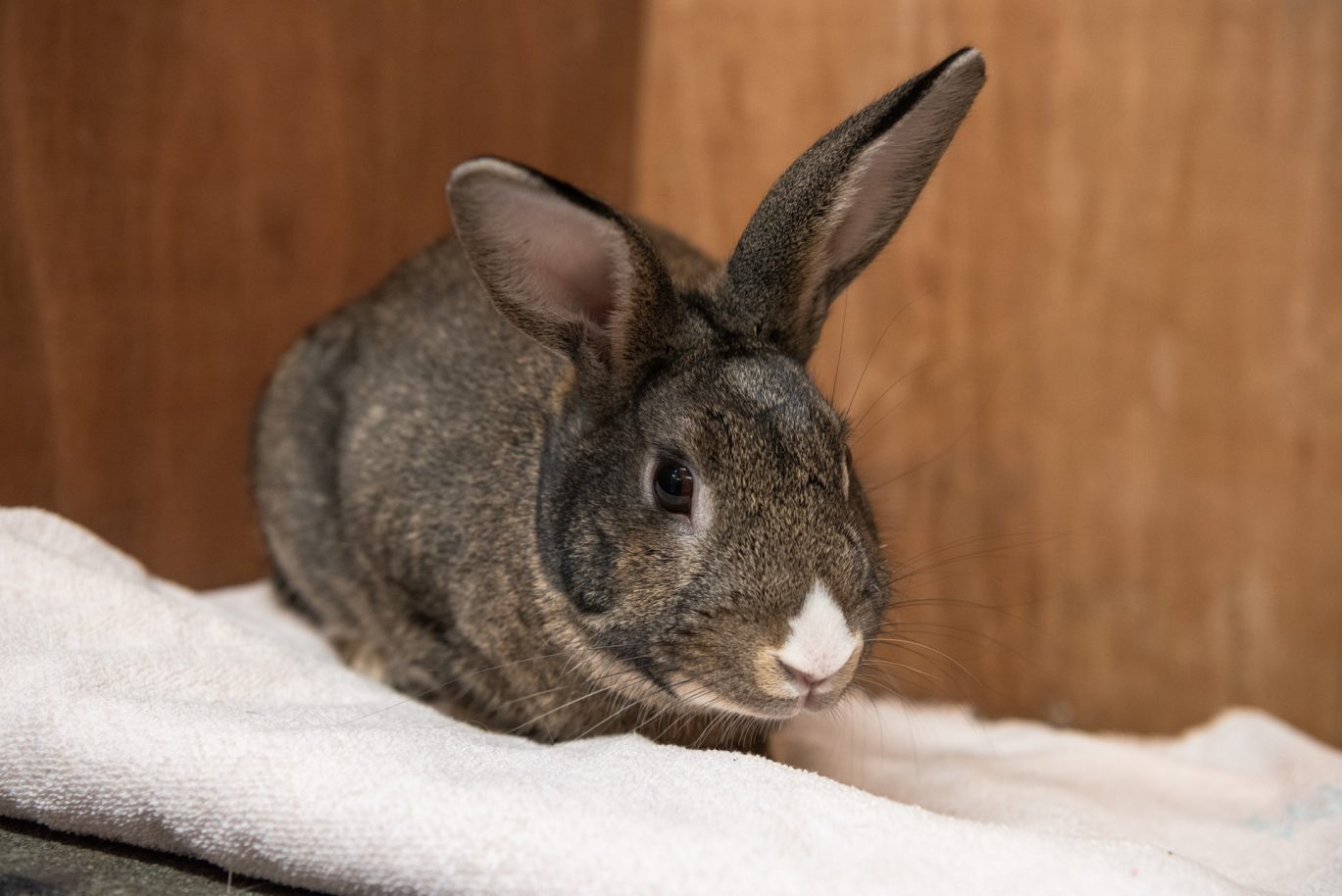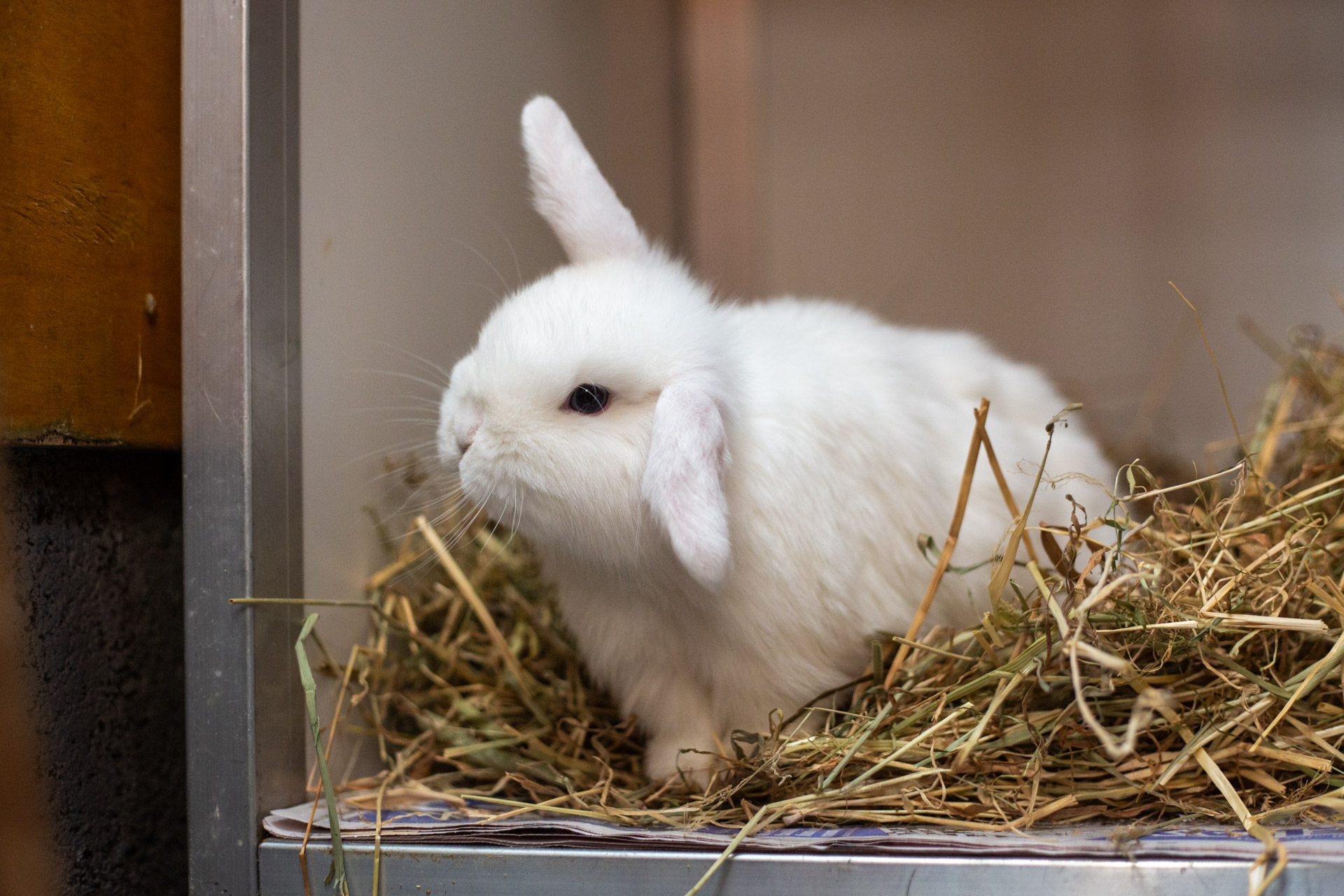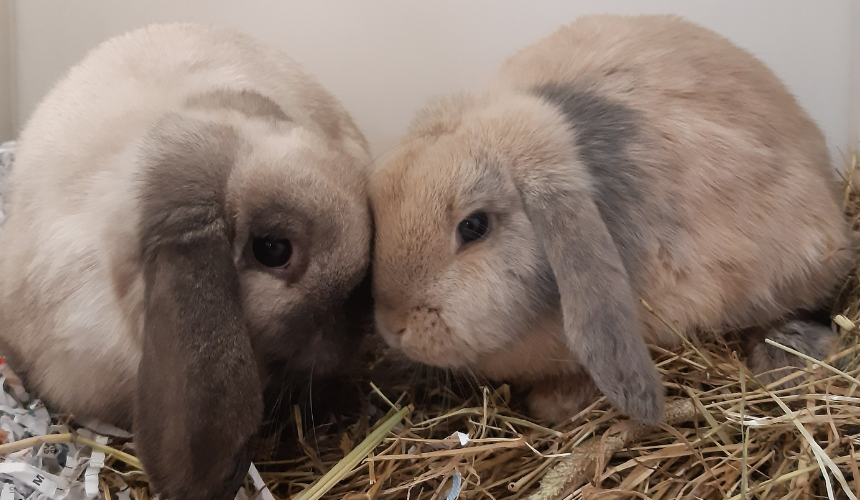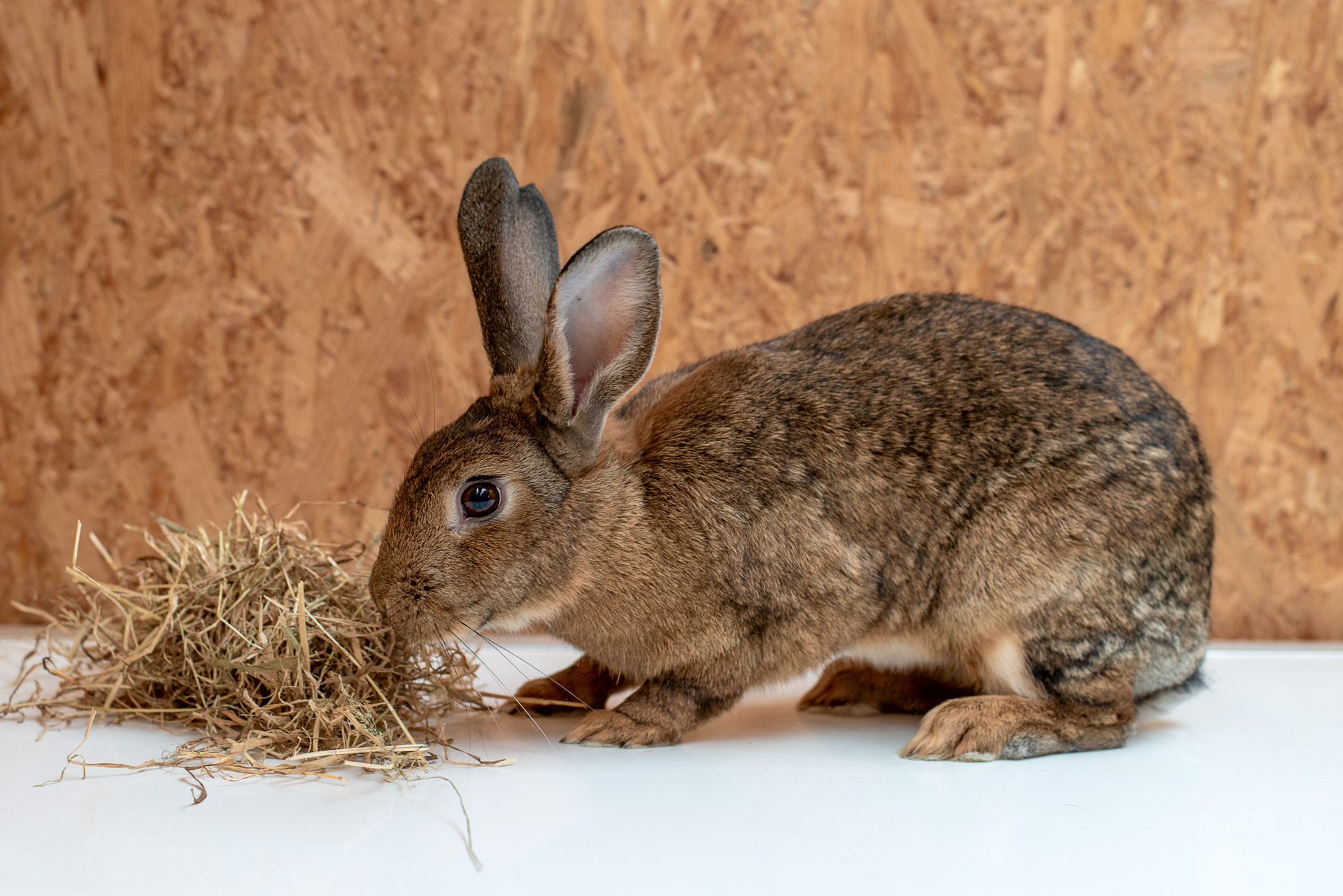
How Long Do Rabbits Live?
Rabbits have a way of hopping into our hearts and staying there. But how long can you expect to share life with your bunny companions?
Whether they’re zooming around the living room or contentedly nibbling in their hutch, rabbits are lovable creatures that bring joy to every corner of your life. But taking care of a rabbit is a long-term commitment. Knowing how long rabbits typically live, and how to help them thrive, means you can give them the happiest, healthiest life possible – from their first hop to their golden years.
How long can I expect my rabbit to live?
Just like people, every rabbit is unique – but on average, domestic rabbits live between 8 to 12 years when given the right care, diet and environment.
Wild rabbits, on the other hand, tend to have much shorter lifespans – often just 1 to 2 years. It’s a surprising difference to their domestic counterparts, but this is due to predators, weather and the challenges that come from life in the wild. It just shows how lucky our pet rabbits are to have safety, shelter and love.
Breed can also play a part in how long your rabbit lives. Smaller breeds, like Netherland Dwarfs or Mini Lops, can live longer than larger breeds. Generally, small rabbits can live up to 12 years or more, while larger ones may average around 5 to 8 years.
No matter the breed or background, with the right care, your rabbit has every chance of living a long, healthy and happy life.
Other factors that can influence your rabbit’s lifespan.
While breed and background play a part, how you care for your rabbit day-to-day has a big influence on their lifespan. A loving home, a healthy diet and regular visits can all lead to more happy years by your side.
Spaying or neutering
This doesn’t just prevent unwanted litters – it can also significantly reduce the risk of certain cancers and behavioural issues, giving your rabbit a calmer, healthier way of life.
Diet and nutrition
A balanced diet is the foundation of your rabbit’s wellbeing. The bulk of their diet should be made up of high-quality hay, supported by leafy greens and a small amount of pellets. Avoid sugary treats (even fruit in large amounts), iceberg lettuce and processed foods which can upset their sensitive digestive system.
Environment
Whether indoors or out, rabbits need a clean, spacious and secure environment where they can stretch, hop and feel safe. Indoor living protects them from harsh weather and predators, while outdoor housing must be well-insulated, predator-proof and regularly cleaned. Enrichment is key – tunnels, toys and space to explore all help prevent boredom and keep their minds active.
Regular check-ups
Veterinary care and vaccinations are vital. Rabbits can be prone to health issues like dental disease, gastrointestinal stasis, flystrike and respiratory infections. These can all impact their lifespan, and the earlier you catch them, the better. Think about scheduling in a yearly check-up to keep your rabbit tip-top, and your mind at ease.
Stress and socialisation
Rabbits are deeply social creatures who thrive on companionship – whether that’s with another rabbit or lots of interaction with you. Loneliness and stress can have real physical effects, shortening lifespan and impacting behaviour. Look out for the telltale signs that your rabbit isn’t happy like hiding, aggression, over-grooming or a loss of appetite. A calm environment, gentle handling and regular interaction help them feel safe and loved.
Caring for an aging rabbit
Watching your rabbit grow old is never easy, but being mindful of their comfort and wellbeing during their later years can make all the difference. Rabbits can live long and happy lives, but as they age, there are some important signs and considerations to keep in mind to ensure that they remain comfortable and cared for.
As rabbits grow older, they may experience changes in their health, behaviour and energy levels. Some common signs of aging or decline include:
- Reduced activity or mobility – a slowing down in movement or difficulty hopping may indicate arthritis or pain.
- Change in appetite – eating less or refusing food altogether can indicate health problems.
- Weight loss – senior rabbits may lose weight due to dental problems or other health concerns.
- Hiding more often – while rabbits naturally seek out safe spaces, excessive hiding could signal discomfort or illness.
- Changes in grooming – older rabbits may groom less, or they might show signs of matted fur if they are not able to care for themselves as they once did.
If you notice any of these signs, it’s important to consult your vet for a thorough check-up to rule out any potential health issues early.
Comfort measures for senior rabbits
Making your rabbit’s senior years as comfortable as possible is key to their happiness and health. Some measures to help include:
- Soft bedding – older rabbits can develop joint pain, so introducing softer bedding like fleece or memory foam can provide extra comfort.
- Gentle handling – be mindful of their mobility and avoid sudden movements that may cause discomfort.
- Easier access to food and water – place food and water bowls in easily accessible spots so that your rabbit doesn’t have to stretch too far to eat or drink.
- Enrichment – while your senior rabbit may not be as spritely as it once was, they still benefit from mental stimulation. Provide low-effort toys, tunnels, or even a bit of fresh hay to keep their minds engaged.
When to consider euthanasia
No one wants to think about saying goodbye to their long-eared friend, but when a rabbit’s quality of life starts to decline, euthanasia can be a final act of kindness, offered with love and dignity. If your rabbit is experiencing chronic pain, no longer responding to treatment, or is unable to eat, move or groom themselves comfortably, it may be time to speak to your vet. They can help assess your rabbit’s condition with compassion and guide you through your options.
When you’re caring for your rabbit pal, a little extra care and love can be more beneficial than you think. By understanding their needs and creating a safe, stimulating space, you’re giving your friend the very best chance at a full and joyful life.
Here’s to a long and happy life.
Some of the rabbits that we welcome into our care don’t have the best start to their life. Please consider giving a one-off donation today to help us support our resident hoppers.
Support animals in our care
Every day, animals arrive in our care, desperate for the love and safety they deserve. They come to us hurt, scared and often abandoned.
Your donation helps us to provide nourishing food, vital medical care and a safe place where they can thrive and eventually find their forever homes. Together, we can make a difference in their lives.

Together, we care for them
With your support, we can continue to care for Scotland’s animals every minute of every day. Your donation funds campaigns, research and projects to help give animals the life they deserve. Every £1 matters to all animals in our care.


